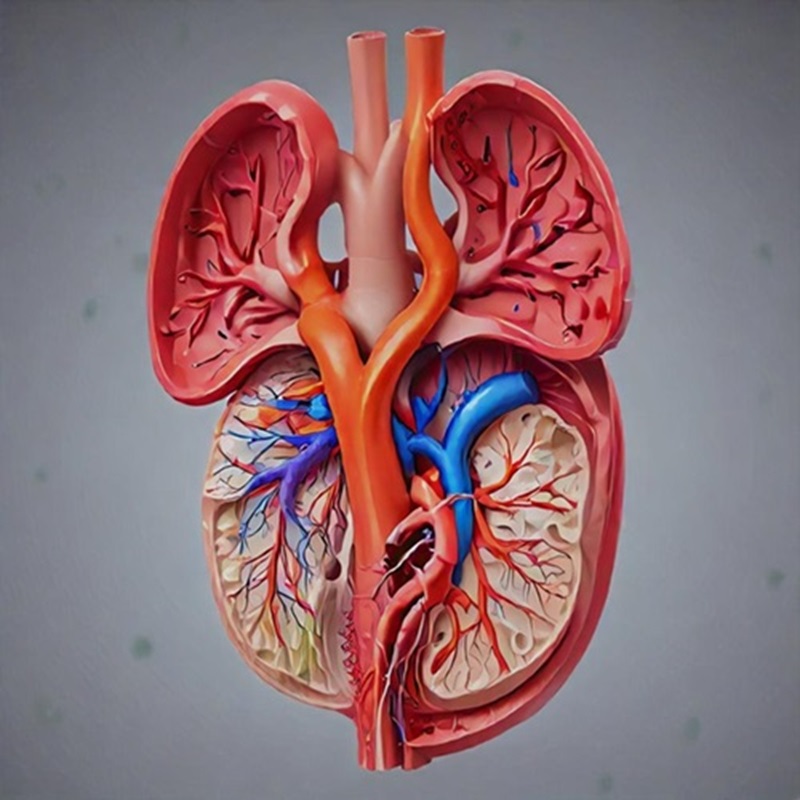
A Simple Guide To Your Kidney Health
Kidneys are often overlooked, but they’re essential for keeping your body running smoothly. When they don’t function properly, it can lead to chronic kidney disease (CKD), a condition that affects millions of people worldwide. While the diagnosis may feel overwhelming, understanding the basics of CKD can help you take control and live a healthier life.
In this blog, we’ll cover what kidneys do, the symptoms of kidney disease, its causes, and steps you can take to manage the condition effectively.
Think of your kidneys as your body’s natural filtration system. These two bean-shaped organs in your lower back are responsible for:
- Filtering blood: Removing waste products and extra fluids.
- Producing urine: Expelling toxins and keeping your body’s fluid levels balanced.
- Regulating blood pressure: By producing hormones that affect blood vessel health.
- Maintaining bone strength: By balancing minerals like calcium and phosphorus.
When kidneys are healthy, they perform these functions seamlessly, supporting your overall well-being.
Kidney disease occurs when these hardworking organs are damaged and can’t perform their tasks effectively. Waste and toxins build up in the body, causing imbalances that lead to symptoms like:
- Changes in urination (frequency, color, or amount).
- Swelling in the hands, feet, or face.
- Persistent fatigue and weakness.
- Nausea, vomiting, or a metallic taste in the mouth.
- Skin issues, such as rashes or itching.
- Difficulty breathing or a constant feeling of being cold.
- Trouble concentrating or dizziness.
- High blood pressure, which is both a symptom and a cause of kidney problems.
Often, these symptoms are subtle at first, which is why CKD is sometimes called a “silent disease.”
CKD can develop from a variety of causes. The most common are:
- Diabetes: High blood sugar levels damage the tiny blood vessels in your kidneys over time.
- High Blood Pressure: Increased force on the arteries can weaken the kidneys’ delicate filters.
- Glomerulonephritis: A group of conditions causing kidney inflammation.
- Polycystic Kidney Disease (PKD): A genetic disorder that causes cysts to grow in the kidneys.
- Autoimmune diseases: Such as lupus, which can attack the kidneys.
- Acute kidney failure: Sudden damage caused by infections, injuries, or toxic exposure.
Understanding the cause of your kidney disease can help your healthcare team create a tailored treatment plan.


Managing Kidney Disease




